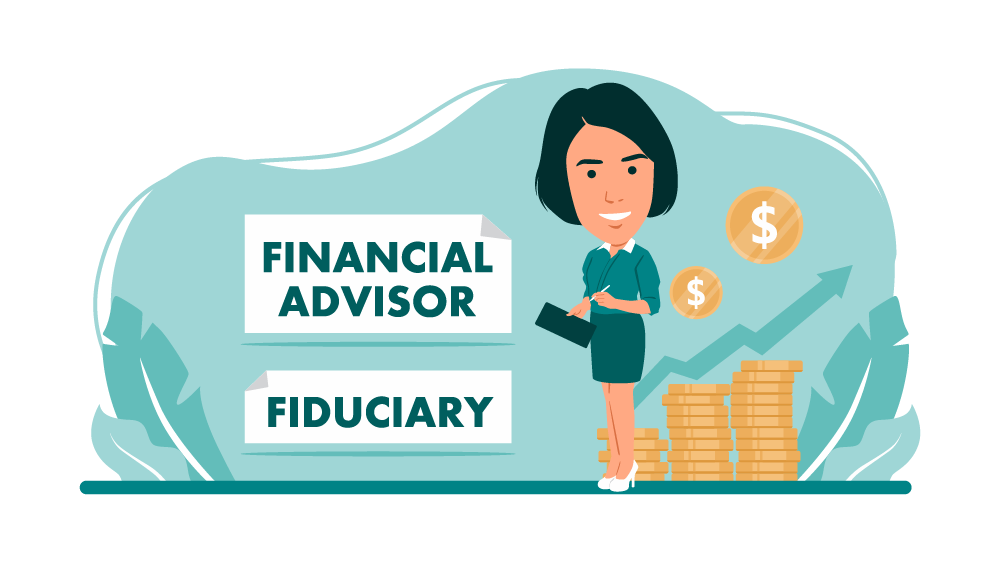Becoming an enrolled agent can be a very rewarding career. Of course, if you want to go into this career, you need to know what an enrolled agent is exactly. Let’s look at what this type of career is and what you will likely be doing.

An EA (enrolled agent) is known as a tax expert. This position has the authority to represent taxpayers regarding matters dealing with the IRS (Internal Revenue Service). The United States government authorizes an EA to provide services for taxpayers.
This position first became a career in 1884 due to Civil War loss claims; that careers as EAs became needed.
An enrolled agent is a federally licensed tax practitioner with the right to represent taxpayers when dealing with the IRS. They will represent taxpayers when dealing with issues, such as tax appeals, collections, and audits. As an EA, you can advise taxpayers, prepare tax returns, and represent taxpayers. You can also represent estates, trusts, corporations, and partnerships.
Requirements to Become an Enrolled Agent
Enrolled agents have earned the highest credential given by the IRS. It’s necessary to meet specific requirements if you plan to become an EA.
The first step will be to get a Preparer Tax Identification Number. You will also need to meet a suitability check.
If you want to become an enrolled agent, you will also need to pass a three-part comprehensive test. This test is known as the Special Enrollment Examination. It will cover business and individual laws, along with representation issues.
You may be able to skip the exam if you have five years of experience working for the IRS. Without this experience, it’s a good idea to use an EA exam prep course to study. This will help you pass the exam the first time without delay.
You won’t need a college degree to become an enrolled agent. It’s also not necessary to have experience in accounting or math. However, it can be rather helpful to complete tax training.
You can start with a tax professional certificate program. After completing a basic tax program, you can go on to a more advanced program to prepare you better. Becoming a tax professional is a big step to take if you want to become an enrolled agent.
It’s also necessary to pass a stringent background check if you want to become an EA. This is rather important as the IRS won’t allow you to become an enrolled agent if you have specific crimes on your record.
Enrolled Agent vs. CPA
As an enrolled agent, you’ll likely compete directly with CPAs (Certified Public Accountants). You might also compete with other accountants and bookkeepers. The biggest difference between an enrolled agent and a CPA is tax law expertise.
The EA exam will cover tax law, while the CPA exam will cover accounting and auditing rules. As previously stated above, enrolled agents will need to pass the three-part test or have at least five years of experience working for the IRS. The test is exclusively about taxation, and the credential earned will come from the IRS.
Certified Public Accountants will need to complete a degree and gain experience. Then, they will need to pass a four-section test. This test will cover accounting and allow you to become licensed in the state where you plan to practice.
Top Reasons to Become an Enrolled Agent
Unlimited representation before the IRS
While getting a CPA is very respected in accounting, it can take many years to become a CPA. If you become an Enrolled Agent instead, you can represent taxpayers in front of the IRS. You can also specialize in other areas of taxation to help your clients.
As an EA, you will gain the same unlimited representation as a CPA. You will be added to the IRS National Database if you maintain your continuing education and PTIN (Preparer Tax Identification Number) requirements.
You will also be able to handle tax matters, including audits, appeals, and collections. As an EA, you can represent any taxpayer in any state.
Gain Expertise
As an enrolled agent, you will gain the stamp of approval from the IRS. You will be seen as a real tax expert, which means clients will trust you. It’s not just a credential but also credibility. You will be recognized as a tax expert in all 50 states.
CPAs don’t always offer the same services. Even CPAs don’t gain the same credibility when it comes to taxes. An EA license makes you the most credible and committed tax professional.
Ability to Earn a Fine Salary
You can earn a nice salary since you can offer a full suite of tax services as an enrolled agent. Your earning potential is rather limitless as a tax expert. You can help with complicated tax returns, audits, and more.
Enrolled agents can work full-time, part-time, year-round, or seasonal. Some prefer to earn a nice salary for part of the year and take the rest of the year off. As an EA, you will earn about 10% more per return than a common tax preparer.
Job Security
Enrolled agents gain job security with a recession-proof career. This type of career will be necessary no matter the state of the economy. Taxes still have to be paid; CPAs don’t always offer the same services. And enrolled agents will still be necessary, even if there is a recession.
There are many good reasons to become an EA. If you want to go into tax preparation, this is one of the best career paths to go down.
Frequently Asked Questions About Enrolled Agents
What is the cost to become an enrolled agent?
The cost to become an enrolled agent will include about $550 for the test. You will need to spend around $185 per part for the exam. It will also require about $500 for a good prep course and a $30 enrollment fee.
Along with the costs of becoming an enrolled agent, you will have ongoing costs. Since you will need continuing education courses each year, it’s necessary to pay the fee for 16 or more hours per year.
Are enrolled agents in demand?
Yes, there is a shortage of enrolled agents that can handle complicated tax returns and have the ability to represent clients before the IRS. If you want to go into a growing career and offer plenty of options, this could be the right one.
Can you become an enrolled agent if you’ve had tax issues before?
It depends on the tax issue, whether it will keep you from becoming an enrolled agent. Typically, you cannot become an EA if you have overdue tax returns or unpaid taxes. If you’ve made payment arrangements, you might still be able to become an enrolled agent.
Are you disqualified from this career with a criminal conviction?
If you’ve been convicted of a felony related to federal tax laws, breach of trust, or related to dishonesty, it can disqualify you. If it’s older than ten years, you may be able to enter this career.
Do I need to complete continuing education requirements?
Yes, as an enrolled agent, you will need at least 72 hours of continuing education per cycle. At least 16 hours will need to be done every year, with two hours on ethics. As an EA, you must choose your CE (Continuing Education) hours from an approved IRS provider.
How much can an enrolled agent earn?
The average salary of an enrolled agent will range from $42K to $60K per year. The lower end is for those with five years of experience or less. The more experience you gain, the more you can earn as an enrolled agent.
Is it necessary to become an enrolled agent to prepare taxes?
No. Many tax preparers are not enrolled, agents. Most EAs spend several years working as tax preparers before gaining this designation.
Anybody can prepare a tax return with or without compensation.
What are the chances I will pass the EA exam the first time?
The first time you take the exam, there’s about an 80% chance you will pass part one and a 60% chance you will pass part two. Compared to the CPA exam, these are higher pass rates, considering the pass rate for the CPA exam is 50%.
Can I represent taxpayers in front of the IRS without becoming an EA?
Yes and no. If you’re a CPA or an attorney, you can represent taxpayers in front of the IRS. However, if you’re not an attorney or a CPA, you will need to be an enrolled agent. Without this designation, you cannot represent taxpayers in front of the IRS.





